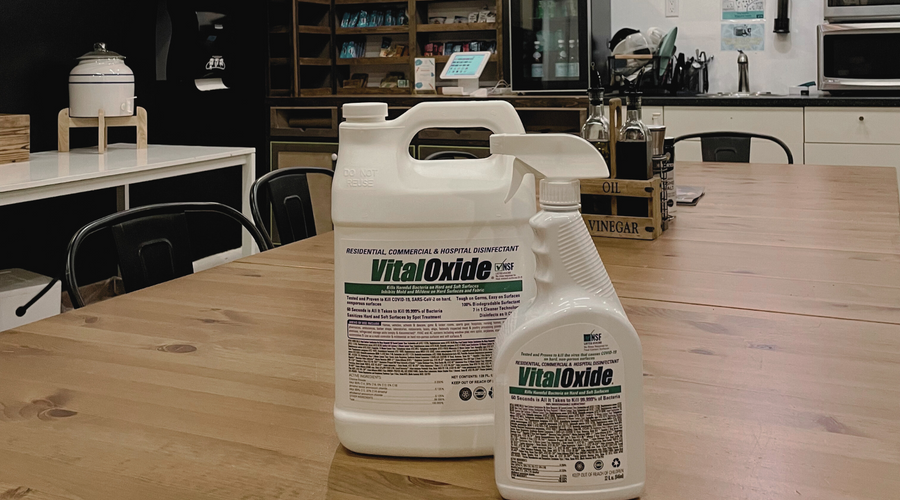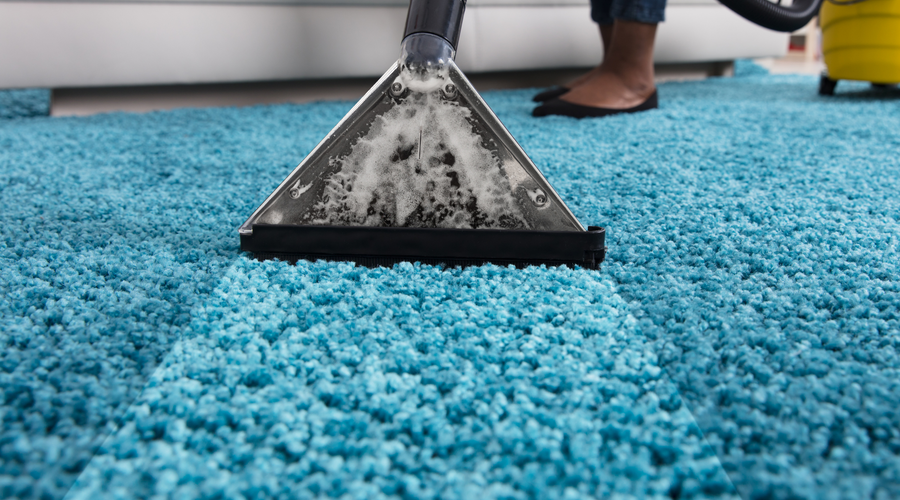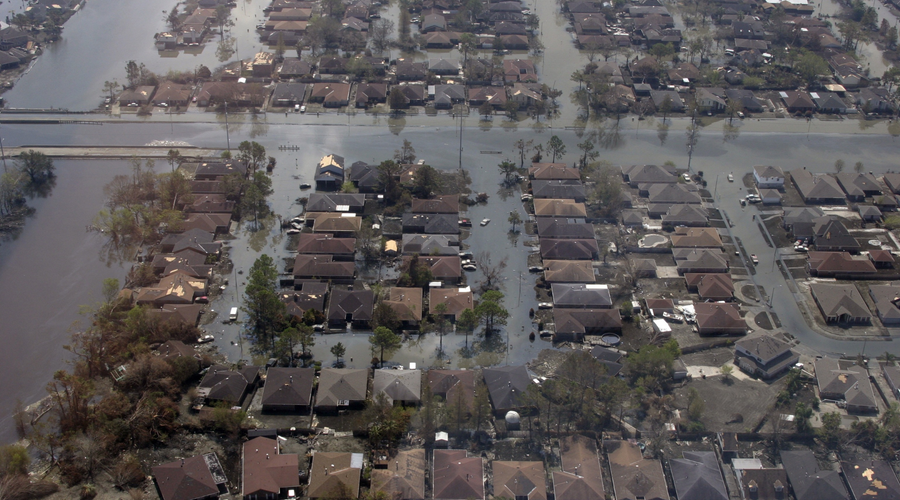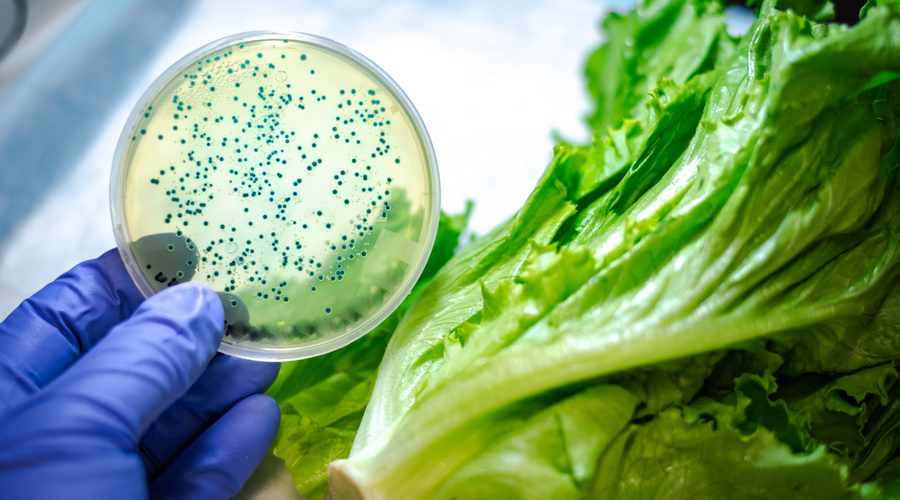Blog
Vital Oxide Turning Heads at Nexus 2024 in Las Vegas
NEXUS 2024 - One of the most exciting trade shows that showcases innovation spanning diverse sectors, including Resto...
Unveiling the Power of Vital Oxide: The Ultimate Solution for Odor Control
WHAT CAN WE DO ABOUT THAT SMELL?
When it comes to odor management, the fight against the awfully unpleasing smell is ...
Vital Oxide: The Proof is in The Clean
In today's world, maintaining a clean and sanitized environment cannot be overstated. With the ongoing concern for hy...
What Are Mycotoxins?
You’ve probably heard that exposure to mold may cause health concerns such as allergic reactions and asthma-like sym...
How Professionals Clean Pet Urine from Carpet
As a professional in the carpet cleaning industry or a homeowner who has experienced cleaning up pet urine, you are a...
Spring 2023: U.S. Flood Outlook
What Areas of the U.S. Are Most At Risk for Major Floods?
Heavy rainfall and snowfall during the winter season cause...
Combating Mold on Boats
Mold, mildew, and the odor they create can be an issue even on vessels that appear clean and well-ventilated. This is...
Preventing Emerging Infectious Diseases in Our Communities
What Can Be Done to Help Prevent Emerging Infectious Diseases?
Emerging infectious diseases have become more and mo...
What Chemical Sanitizers are Approved for Restaurants?
Sanitization in Restaurants
Ensuring food safety is one of the most important responsibilities of any restaurant own...
The Importance of Sanitizing in the Food Industry
Why Sanitizing is Vital in the Food Industry
Sanitizing is the process of removing harmful bacteria and other contam...
What’s Behind the Surge in Food Recalls?
Are Food Recalls Increasing?
The last few years have seen many notable food recalls linked to foodborne illness, inc...
The 2022 Food Recall Guide
What is a Food Recall?
In the food industry, countless things can go wrong. A food recall is when a company or indivi...












